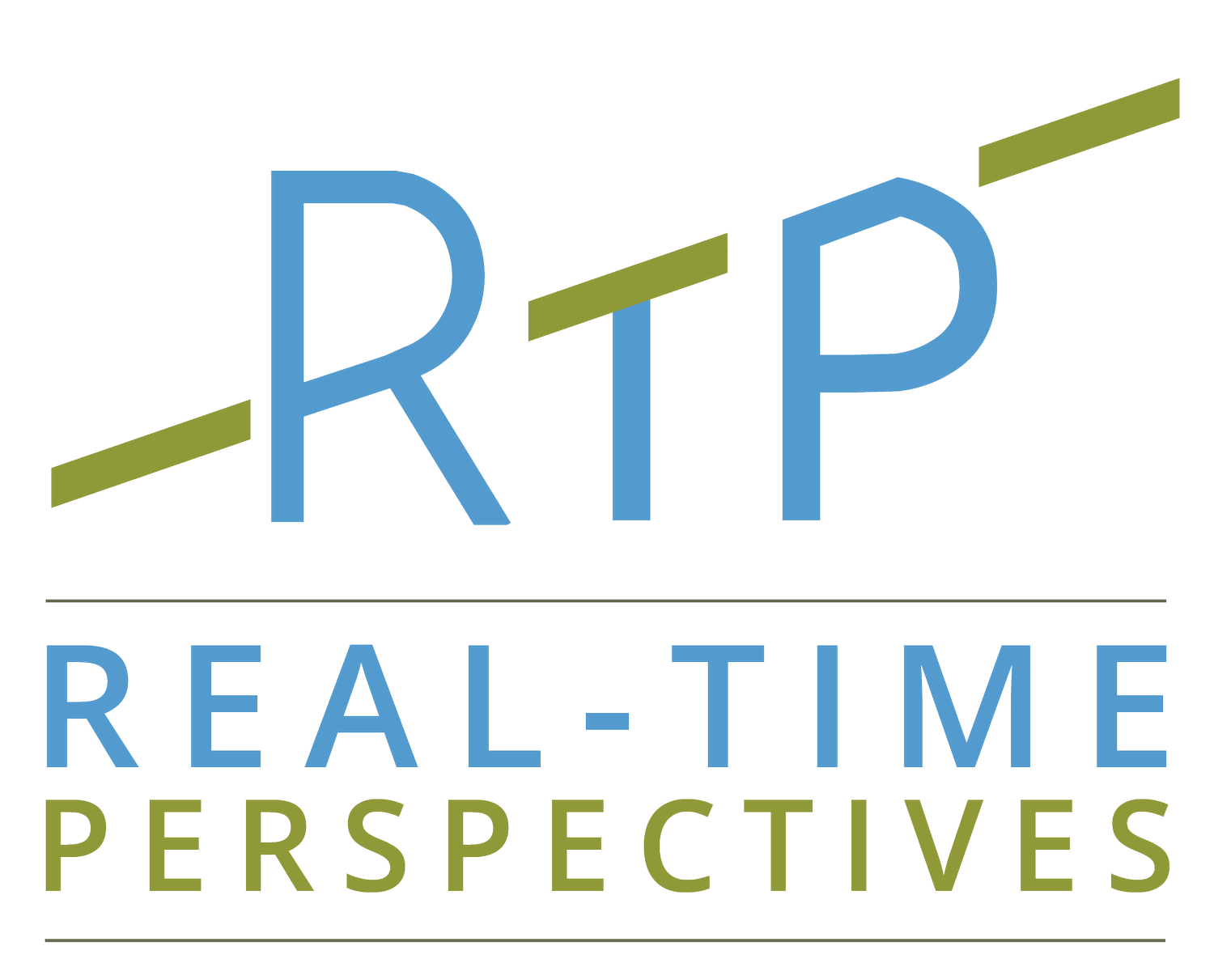Three Historical Leaders Whose Accountability Equaled Personal Responsibility
During a recent leadership team meeting that I was facilitating, the subject of “accountability” was a major topic of conversation. Group members saw it as a critical value, one they needed to demonstrate in words as well as actions. Subsequently they began to grapple with how to establish a social contract (i.e. rules of engagement) around frequent and consistent accountability to the organization and to one another. This effort was not for the faint of heart!
At the end of the day, I found myself wondering how often leaders recognize and have the courage to act on opportunities to step up to lead. In that particular meeting, as a neutral observer, I was able to see potential opportunities for team members to assume accountability for next-stage leadership challenges (e.g., to subordinate what would be in the best interests of their own function and, instead, be a leading advocate for what would be of greatest benefit to the organization overall). Human nature being what it is, however, this often is easier for leaders to proclaim than it is to put into practice.
This musing led me to conclude that there are a few elements of “accountability” that primarily may be implied by the following definition from (Merriam-Webster): an obligation or willingness to accept responsibility or to account for one’s actions.
Assuming accountability encourages us to “channel” some of the most courageous leaders in our country’s history:
Teddy Roosevelt. He believed in taking personal responsibility for acknowledging things about yourself that get in the way of your own performance (and the effective performance of others).
“If you could kick the person in the pants most responsible for most of your trouble, you wouldn’t sit for a month.”
Harry Truman. He took Teddy Roosevelt’s notion further, living by the belief that he couldn’t pass the buck to anyone else when it came to taking responsibility for the way the country was governed – this from a man who ordered that the atomic bomb be dropped on Hiroshima and Nagasaki.
“The buck stops here.”
Eleanor Roosevelt. She held the belief that there is a very concrete connection between “choices” and “accountability.” In her world view, the choice was clear – to accept responsibility for choosing good over evil.
“In the long run, we shape our lives, and we shape ourselves. The process never ends until we die. And the choices we make are ultimately our own responsibility.
However you end up defining “accountability” for yourself, consider this… that stepping up to lead (or not) is a choice you will make that ultimately will reflect the type of leader you intend to be. What moral imperatives will guide your choice?
